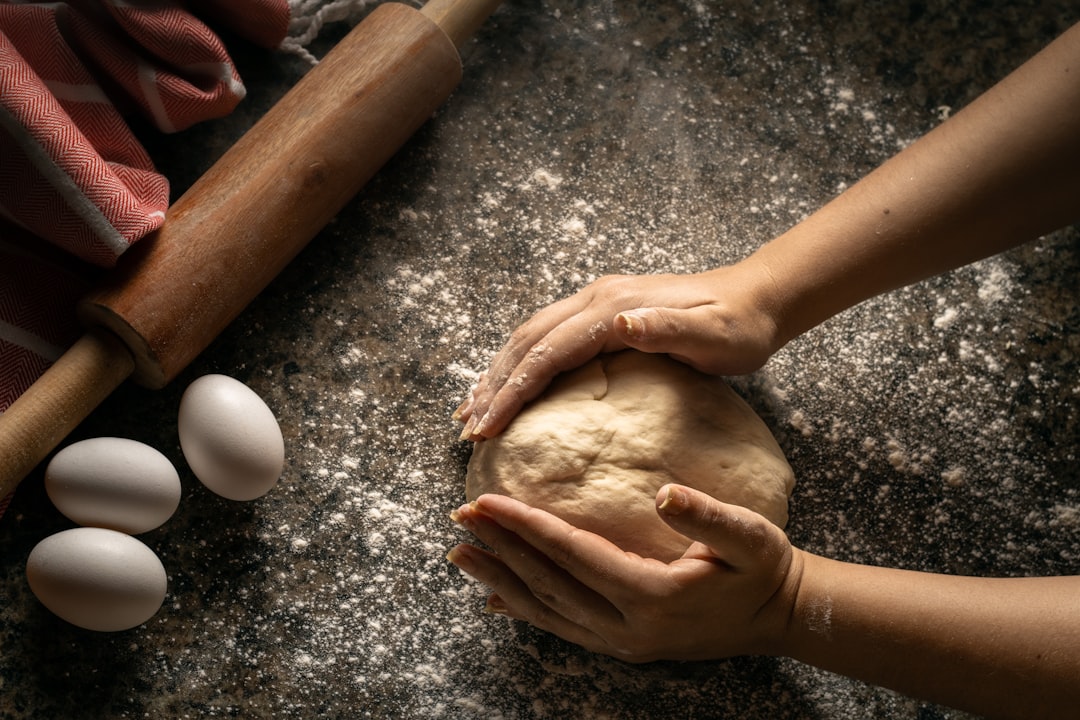The Truth About Expired Baking Soda in Your Kitchen

When it comes to food storage and safety, one common question that many home cooks have is about the longevity and usability of baking soda. Baking soda, also known as sodium bicarbonate, is a staple in most kitchens. It's used for baking, cleaning, and even as a deodorizer. But the big question is: does baking soda go bad?
First, let's understand what baking soda is and how it works. Baking soda is a leavening agent. When it reacts with acid in a recipe, it produces carbon dioxide gas, which causes dough or batter to rise. This chemical reaction is crucial in baking, as it gives your cakes, muffins, and breads their light and fluffy texture.
Now, onto the topic of expiration. Baking soda does have a shelf - life. Typically, an unopened box of baking soda can last about 18 to 24 months. Once you open the box, its effectiveness starts to decline over time. The reason for this is that baking soda is hygroscopic, meaning it absorbs moisture from the air. As it absorbs moisture, it can start to clump and lose its ability to react with acids effectively.
So, when is it okay to keep that expired baking soda? If you're using baking soda for non - baking purposes, such as cleaning or deodorizing, it can still be useful long after its expiration date. For example, you can use expired baking soda to clean your sink. Just mix it with a little water to form a paste and scrub the sink. The mild abrasive nature of baking soda helps remove stains and grime. You can also place an open box of expired baking soda in your fridge to absorb odors. It will still work as a deodorizer even if it's past its prime for baking.
However, when it comes to baking, you need to be more cautious. If your baking soda is expired, it may not produce enough carbon dioxide gas during the baking process. This can result in flat and dense baked goods. To test if your baking soda is still good for baking, you can do a simple test. Take a small amount of baking soda and add it to a little vinegar. If it fizzes vigorously, it's still active and can be used in baking. But if there's little to no fizzing, it's time to toss it and get a new box.
Another factor to consider is the storage conditions of your baking soda. If it's stored in a cool, dry place, it will last longer. Avoid storing it near the stove or in a humid area, as heat and moisture can accelerate its degradation. A pantry or a cabinet away from direct sunlight is an ideal place to keep your baking soda.
When buying baking soda, always check the expiration date on the box. And once you open it, make sure to label it with the date of opening. This will help you keep track of how long it's been since you first started using it.
In conclusion, baking soda does have a limited lifespan, especially when it comes to its use in baking. But it can still serve other purposes even after it's expired. By understanding how to test its effectiveness and proper storage methods, you can make the most out of your baking soda and ensure that your baked goods turn out perfect every time. So, the next time you find an old box of baking soda in your pantry, you'll know exactly what to do with it.